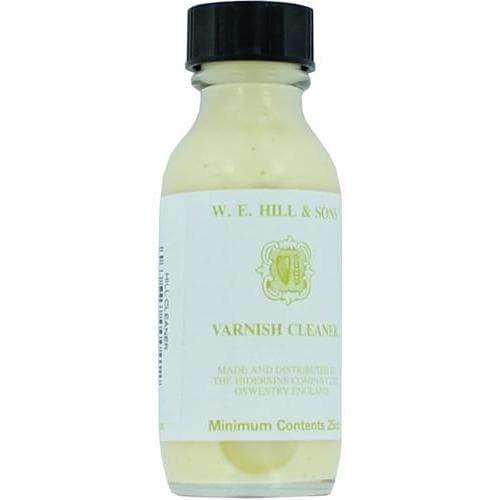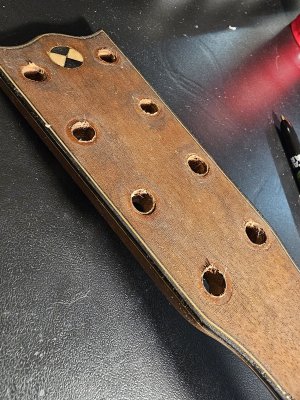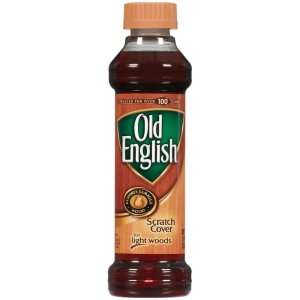Pictured is the ukulele my father recently passed down to me. He thinks his father picked it up somewhere along the years, which means it probably was a dump/swapshop pick or yard sale item at some point (and the marker price on it reaffirms that.) The first picture is simply the before to get an idea of the condition it was in when I got it.
What I know is it was made by the Samuel Osborne Manufacturing Company out of Chicago with some connection to the Masonic Temple. Judging by the short life of the company, and the article below, I’m guessing it’s ~100 years old and likely Koa wood given that was their specialty. No idea of its value, I can find only a few sales of the 4 string varieties and nothing on this one.
https://www.leavingthisworld.com/sa...jXBO7NE6h7RM4HzHey1xoDMaKN3smqWr2u5Cqo6nBjL3k
That’s the limit to my knowledge. Except that it was filthy when I got it. Years of not being played, stored in a closet somewhere, and passing through two generations of smoking households weren’t kind. So what I’ve done is done two passes with a weak ukulele oil and soft cloth. I lightly brushed off the pegs a bit with just mildly soaped water to get them turning again. I had to use a small pin to get two of the holes in the bridge open from dirt/dust to get a string through again. I did put two sets of extra strings on it just to make sure it was stable/playable (and it has held up for 2 months this way), but I’m ordering a true set of 8 strings to string properly, once I know I’m done cleaning/working on it.
I’d like folks’ expertise and advice on two main things. One, what can I use to help the wood at this point? I’m not looking for a full paid restoration with a professional, just that I could play it without worrying about it getting in worse condition and maybe make it look a bit nicer. Obviously, it’s likely dry and needs some life back it. Second, what should I do on the tuning pegs? They look tarnished and are extremely difficult to get tuneable without losing their ability to hold the string tight. Any recommendations on cleaners/oils/etc for all parts of the uke would be awesome.
What I know is it was made by the Samuel Osborne Manufacturing Company out of Chicago with some connection to the Masonic Temple. Judging by the short life of the company, and the article below, I’m guessing it’s ~100 years old and likely Koa wood given that was their specialty. No idea of its value, I can find only a few sales of the 4 string varieties and nothing on this one.
https://www.leavingthisworld.com/sa...jXBO7NE6h7RM4HzHey1xoDMaKN3smqWr2u5Cqo6nBjL3k
That’s the limit to my knowledge. Except that it was filthy when I got it. Years of not being played, stored in a closet somewhere, and passing through two generations of smoking households weren’t kind. So what I’ve done is done two passes with a weak ukulele oil and soft cloth. I lightly brushed off the pegs a bit with just mildly soaped water to get them turning again. I had to use a small pin to get two of the holes in the bridge open from dirt/dust to get a string through again. I did put two sets of extra strings on it just to make sure it was stable/playable (and it has held up for 2 months this way), but I’m ordering a true set of 8 strings to string properly, once I know I’m done cleaning/working on it.
I’d like folks’ expertise and advice on two main things. One, what can I use to help the wood at this point? I’m not looking for a full paid restoration with a professional, just that I could play it without worrying about it getting in worse condition and maybe make it look a bit nicer. Obviously, it’s likely dry and needs some life back it. Second, what should I do on the tuning pegs? They look tarnished and are extremely difficult to get tuneable without losing their ability to hold the string tight. Any recommendations on cleaners/oils/etc for all parts of the uke would be awesome.
Attachments
-
 20230821_173501_copy_600x1066.jpg385.9 KB · Views: 82
20230821_173501_copy_600x1066.jpg385.9 KB · Views: 82 -
 20231226_234810_copy_1200x1600 (1).jpg87.1 KB · Views: 89
20231226_234810_copy_1200x1600 (1).jpg87.1 KB · Views: 89 -
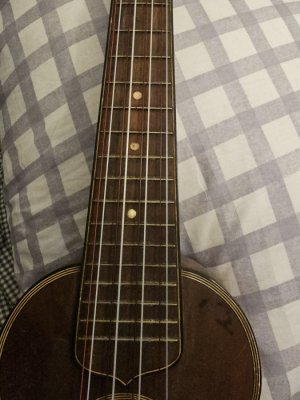 20231226_234805_copy_1200x1600 (1).jpg110.4 KB · Views: 70
20231226_234805_copy_1200x1600 (1).jpg110.4 KB · Views: 70 -
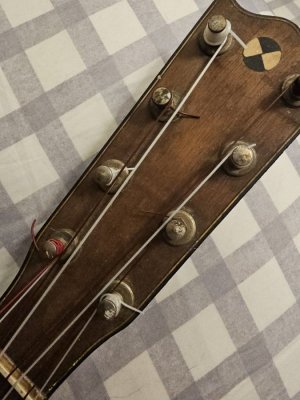 20231226_234759_copy_1200x1600 (1).jpg119.9 KB · Views: 70
20231226_234759_copy_1200x1600 (1).jpg119.9 KB · Views: 70 -
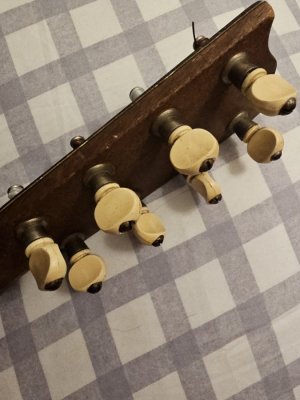 20231226_234754_copy_1200x1600.jpg98.6 KB · Views: 71
20231226_234754_copy_1200x1600.jpg98.6 KB · Views: 71 -
 20231226_234750_copy_1200x1600 (1).jpg95.6 KB · Views: 66
20231226_234750_copy_1200x1600 (1).jpg95.6 KB · Views: 66 -
 20231226_234744_copy_1200x1600 (1).jpg111.6 KB · Views: 62
20231226_234744_copy_1200x1600 (1).jpg111.6 KB · Views: 62 -
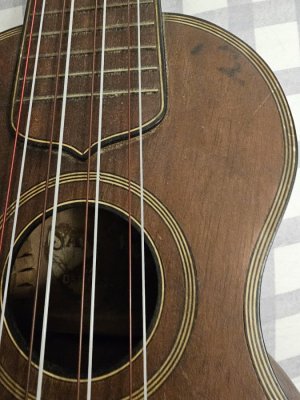 20231226_234738_copy_1200x1600.jpg147.3 KB · Views: 65
20231226_234738_copy_1200x1600.jpg147.3 KB · Views: 65 -
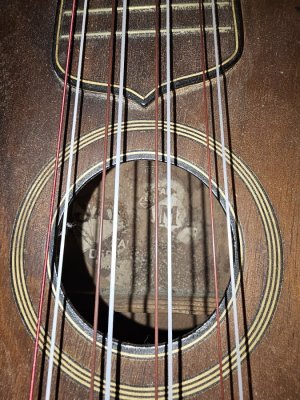 20231226_234728_copy_1200x1600 (1).jpg222 KB · Views: 65
20231226_234728_copy_1200x1600 (1).jpg222 KB · Views: 65 -
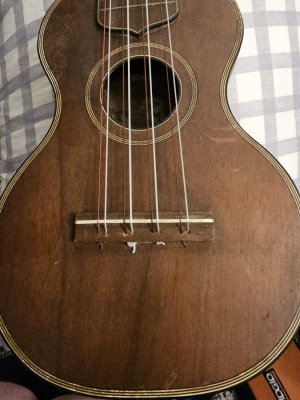 20231226_234717_copy_1200x1600 (1).jpg115.3 KB · Views: 85
20231226_234717_copy_1200x1600 (1).jpg115.3 KB · Views: 85

